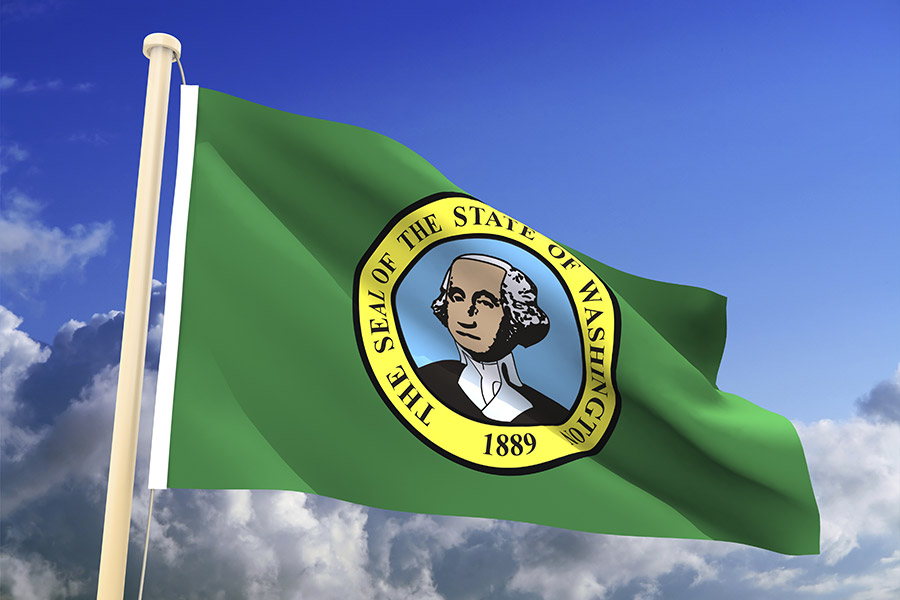Posts Tagged ‘Multi-state sales tax lawyer’
Ohio Supreme Court Rules on Baseball Sales Tax Case
It is common at sporting events for teams to offer freebies or give-aways, such as t-shirts, towels, bobbleheads and other memorabilia, to the first set number of fans who attend the game. Because they’re free, the sales tax consequences of these give-aways are not always contemplated. However, the cost of overlooking them can result in…
Read MoreTopGolf, Walmart, and Target Challenge Florida DBPR Restaurant Rule
Remember when food trucks were the new threat to “traditional” restaurants? Or how about the fast-casual concept that was sparked by the likes of Chipotle? Even reminiscing on sentimental moments, childhoods were forever changed with the invention of the ‘Happy Meal.’ The dining industry is everchanging, yet the Sunshine State is handicapping innovative restaurant owners’…
Read MoreSales Tax Danger for FBA Users
Sellers using fulfilled by Amazon (“FBA”) services have unique issues with respect to charging, collecting, and remitting sales and use taxes across the country. Often unaware of potential issues, FBA users are regularly blindsided by receiving a nexus letter from a state, which often is an indirect way of the state asserting that you have…
Read MoreWyoming Issues Guidance for Remote Sellers Following Wayfair
The Wyoming Department of Revenue issued a bulletin following the Wayfair ruling, which overruled the physical presence requirement long established in Quill. Despite the Supreme Court’s decision, remote sellers are currently not required to register with the state to collect and remit sales tax. Remote sellers can be reassured that until Wyoming establishes a date…
Read MoreWashington Outlines How Businesses Can Determine Sale Date for Threshold Purposes
Effective October 1, 2018, certain remote sellers conducting business in Washington must begin collecting sales or use tax on taxable retail sales. Businesses that do not have a physical presence in the state will be required to collect sales or use tax if they exceed $100,000 in gross retail sales or have 200 or more…
Read MoreWest Virginia Provides Notice About Impending Economic Nexus Thresholds
In response to the recent U.S. Supreme Court Wayfair ruling, the West Virginia Tax Department issued an Administrative Notice (“Notice”) that will affect remote sellers prospectively. Beginning January 1, 2019, certain remote sellers will be required to collect and remit West Virginia sales and use taxes on taxable sales delivered into the state. In Wayfair,…
Read MoreLouisiana to Impose Economic Nexus Legislation on Remote Sellers in 2019
In response to the U.S. Supreme Court’s Wayfair holding, which eliminated the physical presence requirement that stood for nearly three decades, Louisiana has taken steps to capture sales tax revenue from transactions conducted by remote sellers. The Louisiana Department of Revenue issued a bulletin indicating that remote sellers must begin collecting and remitting state sales…
Read MoreIdaho Imposing New “Click-Through” Nexus Law
A new Idaho nexus law will require certain out-of-state retailers to collect state sales tax on their sales to in-state customers. The “click-through” nexus legislation goes into effect July 1, 2018. Any out-of-state retailers will be required to collect the tax and remit it to the Idaho State Tax Commission if the out-of-state seller has…
Read MoreGeorgia Department of Revenue Guidance on Taxability of Accommodation Charges
The Georgia Department of Revenue issued a policy bulletin clarifying the correct application of sales and use tax to charges for any room, lodging or accommodation in the state. The bulletin specifically addresses how to appropriately apply tax to charges for rooms, lodging, or accommodations furnished to transients by hotels, inns, tourist camps, tourist cabins,…
Read MoreNevada Establishes Economic Nexus Thresholds
Like so many other states, Nevada has established an economic nexus threshold following the U.S. Supreme Court’s Wayfair decision. The Supreme Court previously ruled that an out-of-state seller’s liability to collect and remit the tax to the consumer’s state depended on whether the seller had a physical presence in that state, but that mere shipment…
Read More












